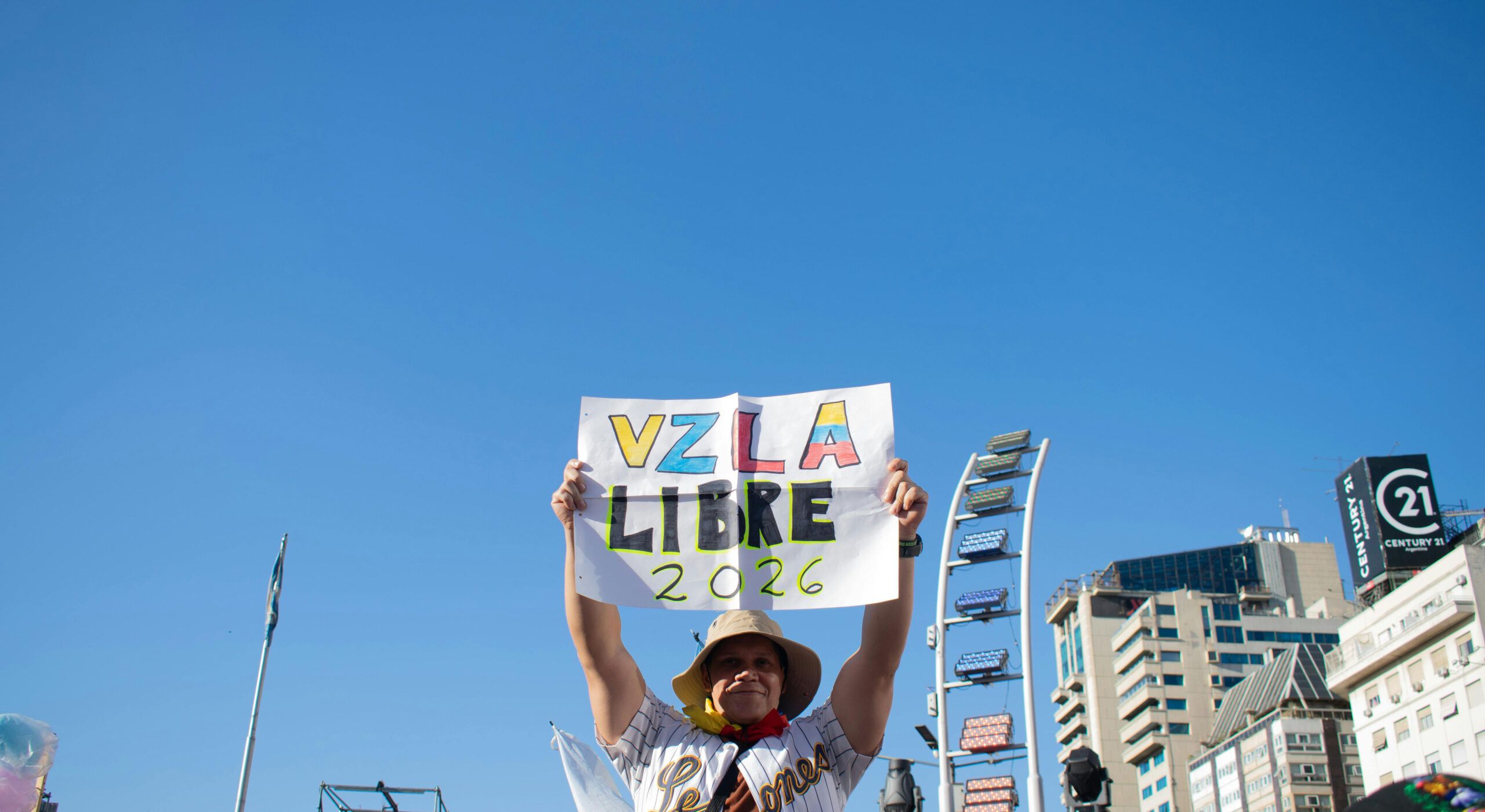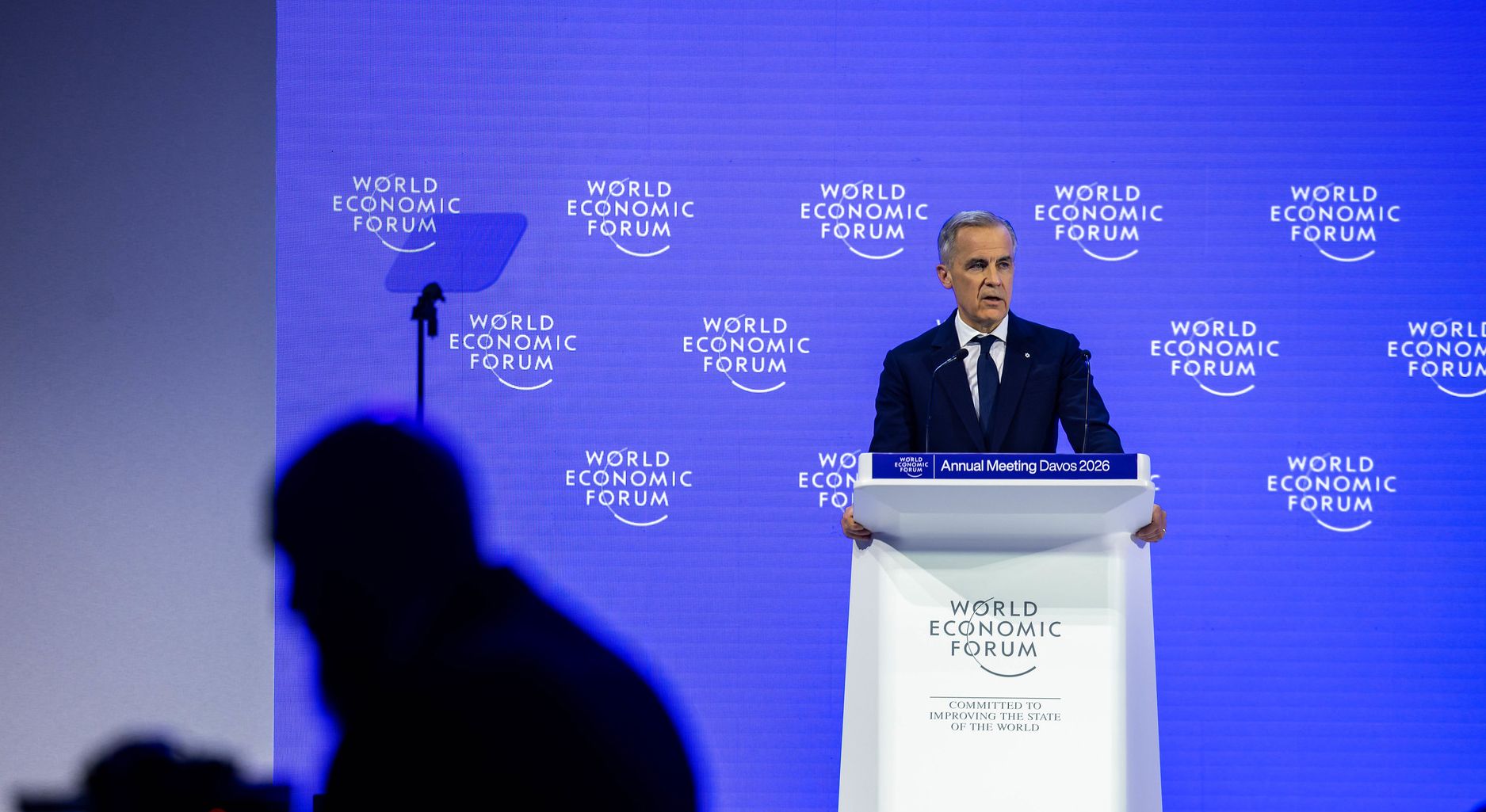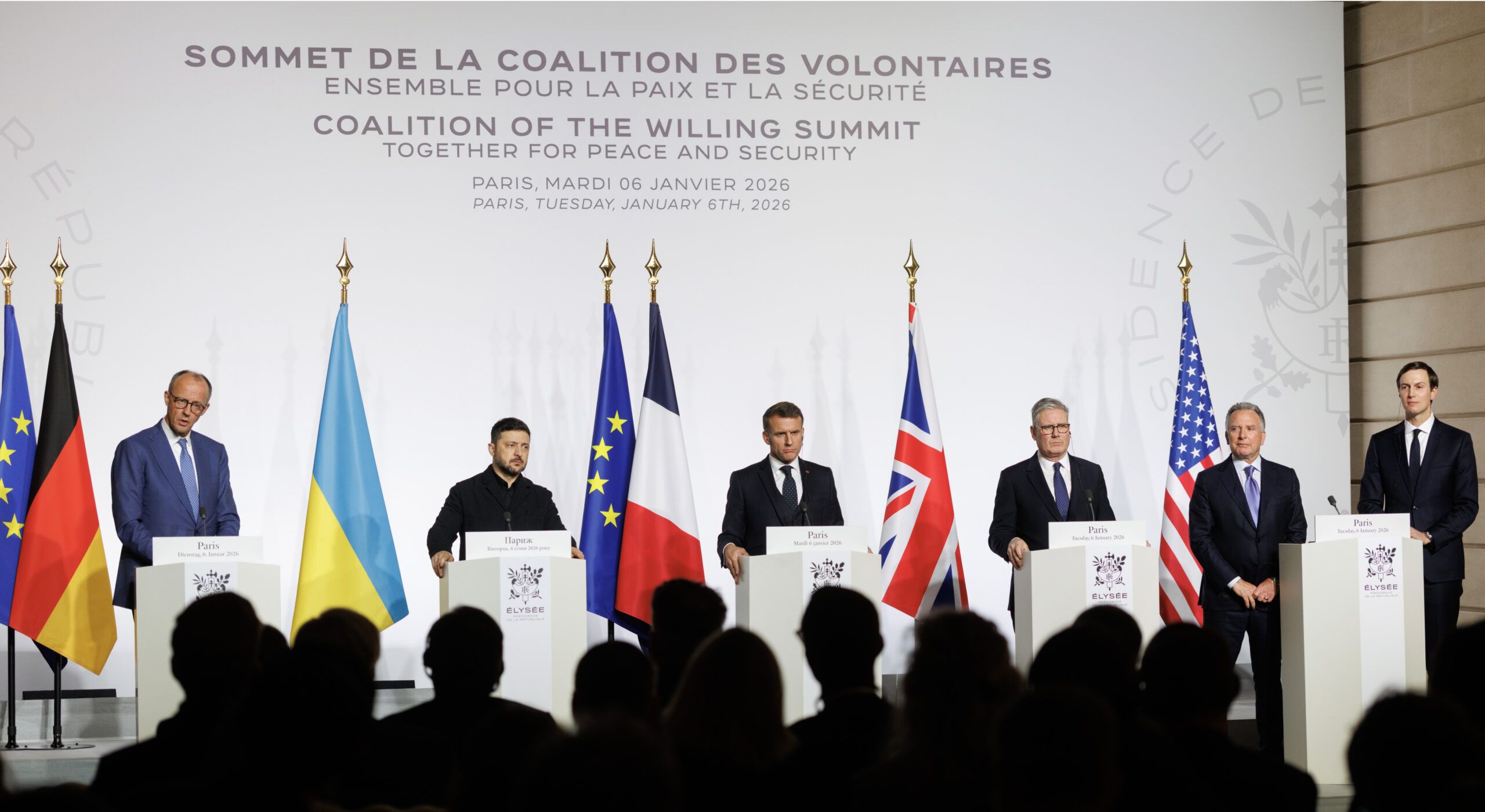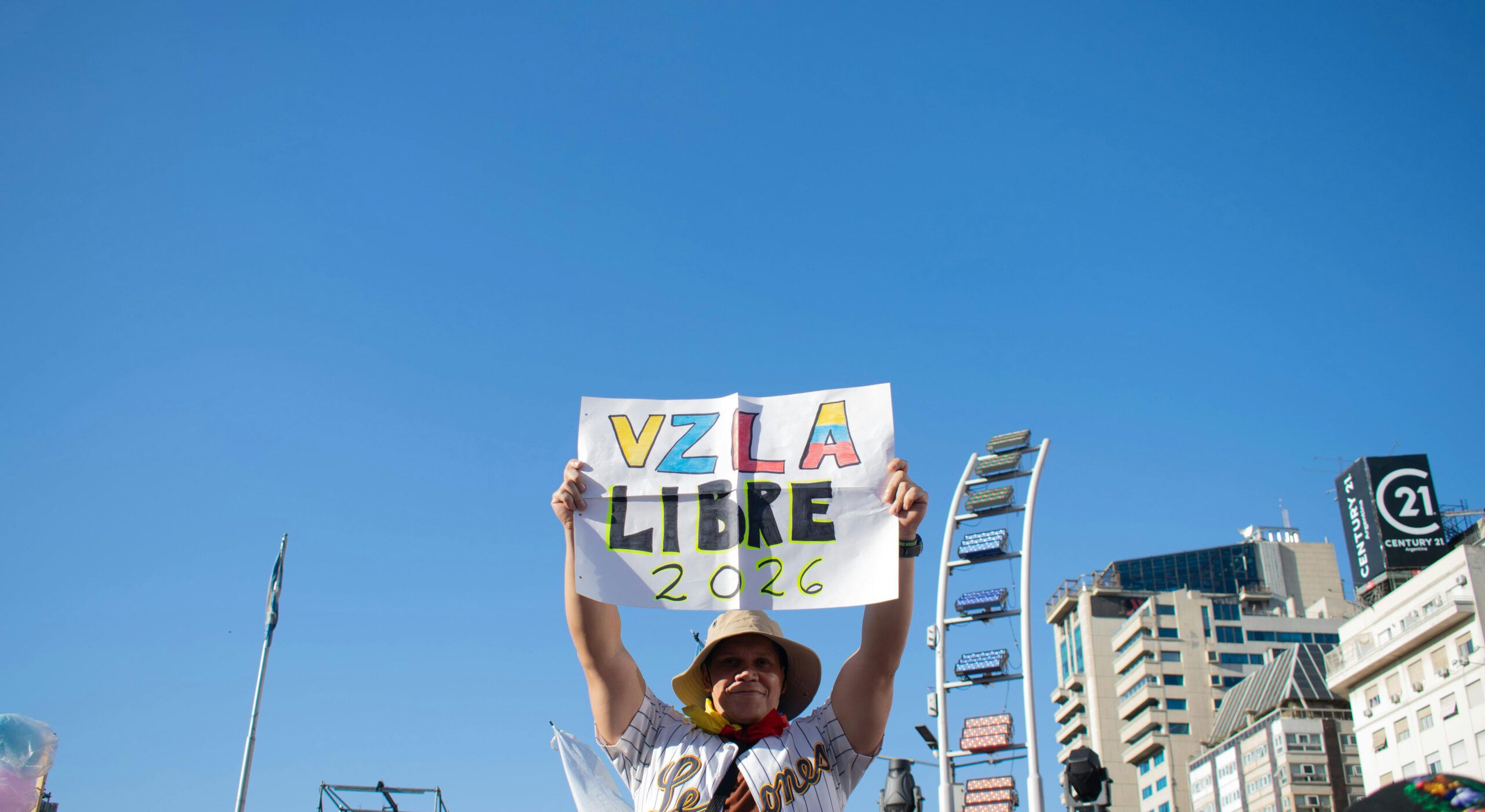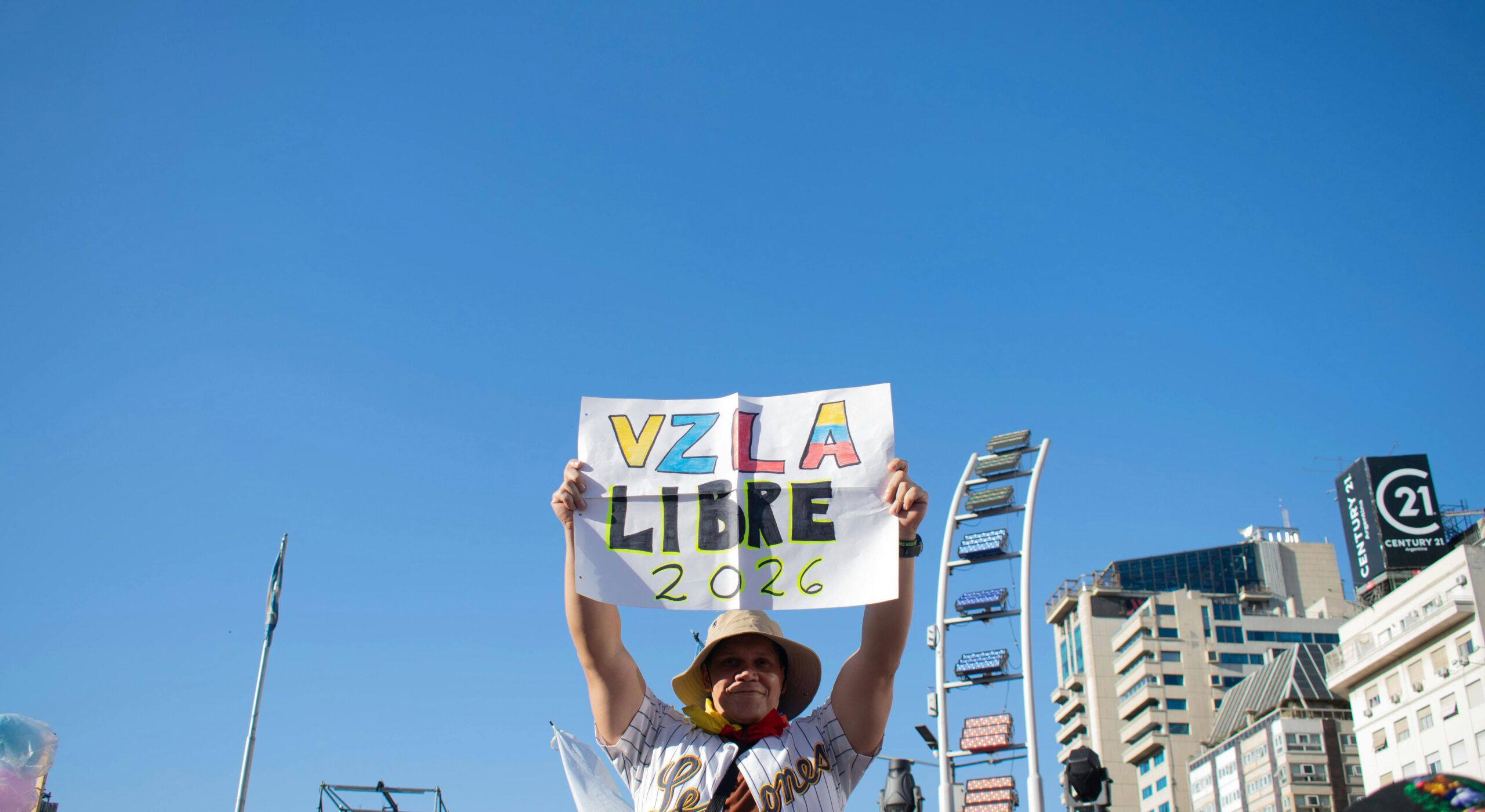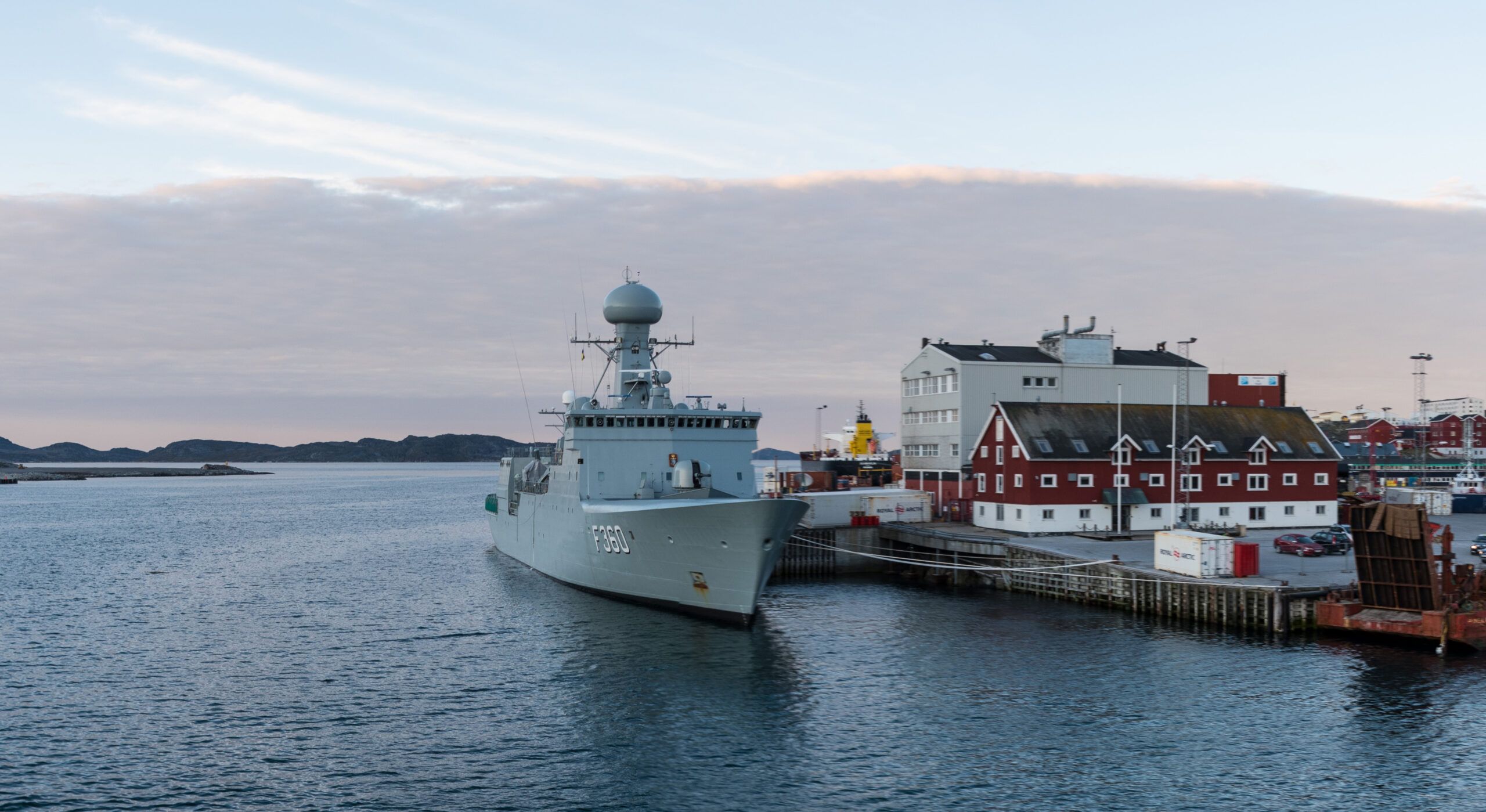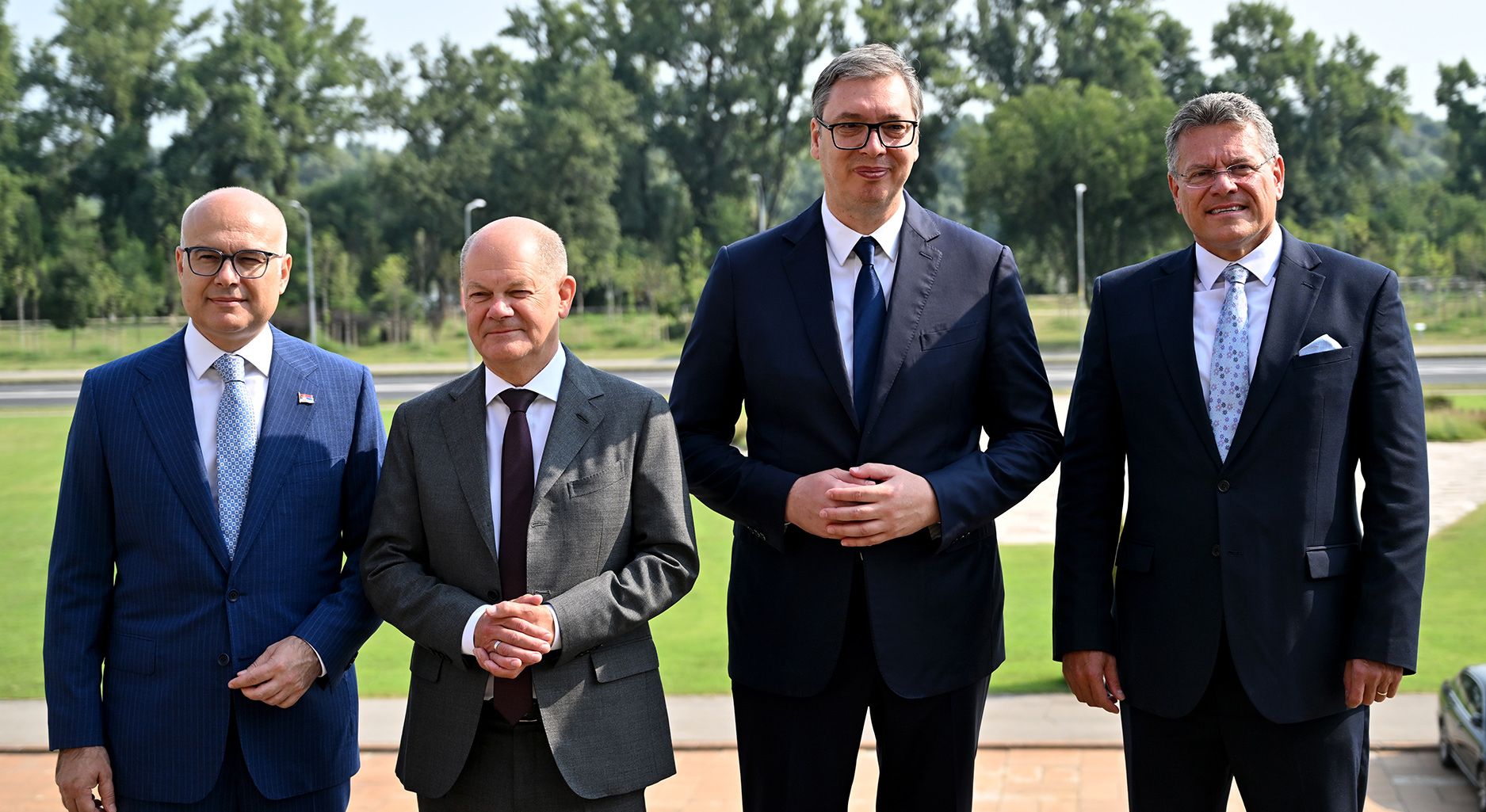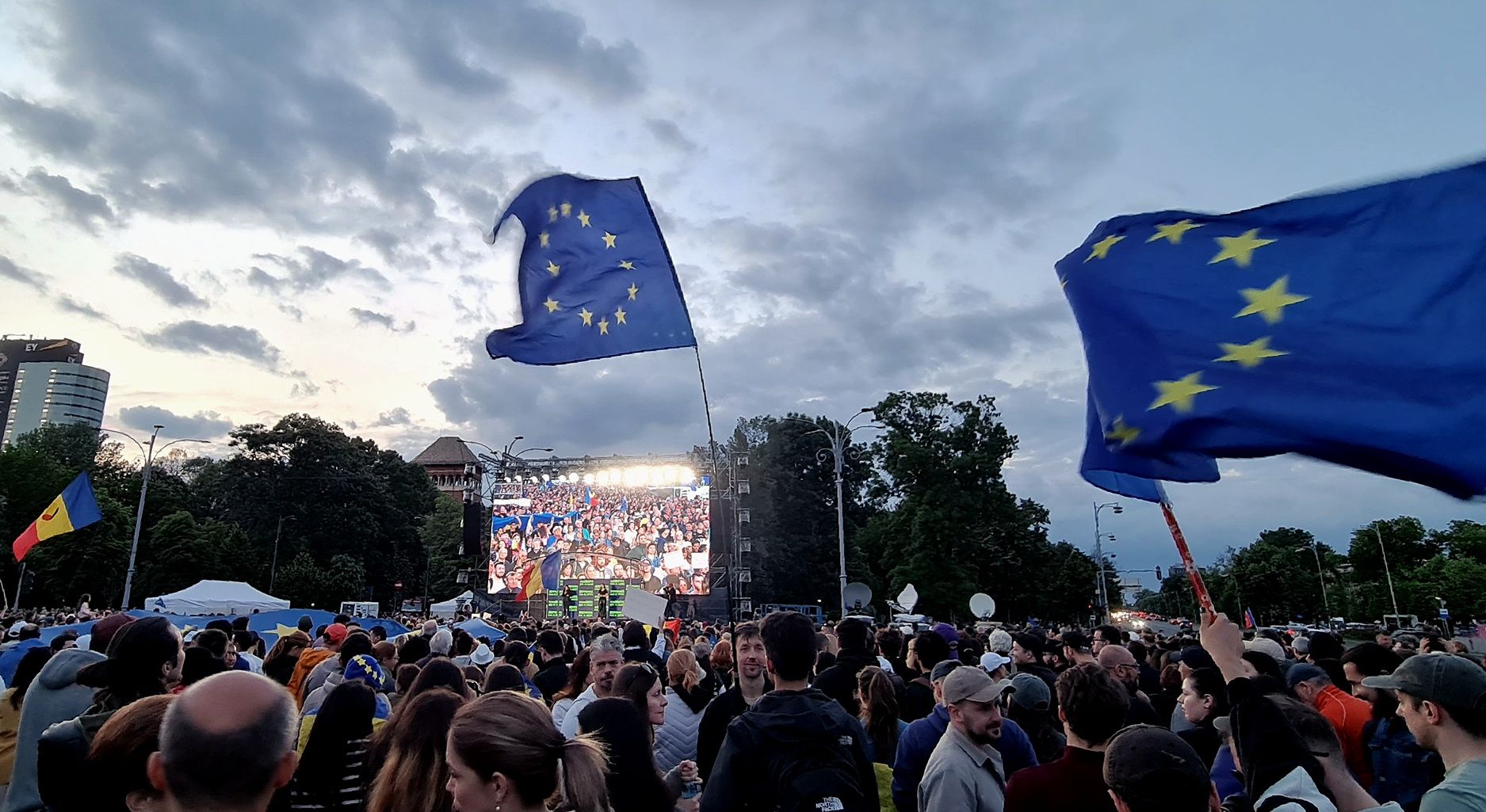Schlagwort: Europäische Union
As candidates for European Union membership, the Western Balkans nations are committed to...
Entre la fachada y la perspectiva política: “Regime Change” en el debate sobre la intervención de EE. UU. en Venezuela
El argumento de que un ataque militar estadounidense podría conducir a una transición democrática...
(Post-)hegemoniale Koalitionsbildung: Was uns IB- und Verhandlungstheorien über die Zukunft europäischer Sicherheit verraten können
Der russische Angriffskrieg auf die Ukraine und der beschleunigte Fokus der USA auf die eigene...
Frieden und Demokratie auf dem Rückzug – was nun?
Das neue Jahr beginnt mit düsteren Aussichten. In der Ukraine geht der verbrecherische...
Between Window Dressing and Political Perspective: Regime Change in the Controversy over the US Intervention in Venezuela
The argument that the US military strike could lead to a democratic transition in Venezuela does...
Zwischen Feigenblatt und politischer Perspektive: Regime Change in der Kontroverse um die US-Intervention in Venezuela
Das Argument, dass der US-Militärschlag zu einer demokratischen Transition in Venezuela führen...
Wider Trumps Neo-Imperialem Griff nach Grönland: Europas Verantwortung und Chance
Eines der Dauerthemen im ersten Jahr von Donald Trumps zweiter Präsidentschaft war sein erklärtes...
Europäische Diplomatie braucht Wissenschaft – unabhängig und frei
Die Europäische Union plant in einer neuen Initiative, Forschungsbeziehungen und...
Lithium Before Democracy: The Hidden Costs of Europe’s Green Transition
Europe requires vast amounts of critical raw materials to fuel their green transition. The...
The Day After Tomorrow: The Emerging Political Disaster on the EU’s Eastern Borders
The European Union’s efforts to become a global power and to take the responsibility for its...

